HotSpots H2O: Conflict and Covid-19 Disrupt Water Supplies in Ukraine
Eastern Ukraine, March 2015. Photo Credit: UNHCR/Y.Gusyev
Aerial bombardment as part of a years-long conflict has once again upset water supplies in eastern Ukraine, leaving many civilians without running water in the midst of the Covid-19 pandemic.
Last month, shelling disrupted the installation of water and sanitation facilities in the Donbas region, an area of eastern Ukraine that has seen repeated disruptions in water service due to damage incurred in a seven-year conflict between the government and Russian-backed groups. The attack in June halted progress on the infrastructure, raising concerns about the spread of Covid-19.
“The water is untreated and dirty,” Liudmyla, a resident of Krasnohorivka, told the Norwegian Refugee Council (NRC). “It is critical for us to restore the operation of treatment facilities so that the city finally gets clean water. Otherwise, we face dysentery, cholera, tuberculosis and coronavirus.”
Ukraine has so far reported 48,500 coronavirus cases, with 1,249 deaths. The NRC calls the situation a “double crisis” as eastern Ukraine grapples with conflict and the Covid-19 pandemic.
“Efforts must be stepped up to support the provision of water and sanitation services to people in need, especially the elderly, who feel frightened, forgotten and vulnerable to Covid-19,” Ana Povrzenic, the NRC country director, said a briefing.
In addition to conflict and Covid-19, Ukraine is also battling adverse weather. In early June, several of the country’s rivers and reservoirs were at the lowest levels on record since data-keeping began in 1885. Officials have raised concerns about the potential impact of the low water levels on Ukraine’s industry and regional security.
In western Ukraine, however, conditions shifted abruptly last week in the other direction, with severe flooding hitting nearly 300 towns and villages. The floods were the largest witnessed in the area since the 1990s, according to Prime Minister Denis Shmygal.
Illegal logging and deforestation in the Carpathian mountains are partially to blame for the flooding, environmentalists say, noting that cleared mountain slopes are less able to retain moisture. The exceptional weather in general, however, likely ties back to climate change — a reality that the Ukrainian government has done little to prepare for.
Kayla Ritter is a recent graduate of Michigan State University, where she studied International Relations and Teaching English to Speakers of Other Languages. She is currently based in Manton, Michigan. Kayla enjoys running, writing, and traveling. Contact Kayla Ritter

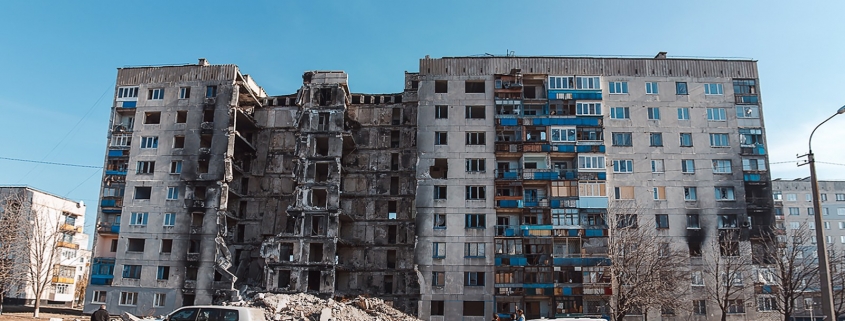
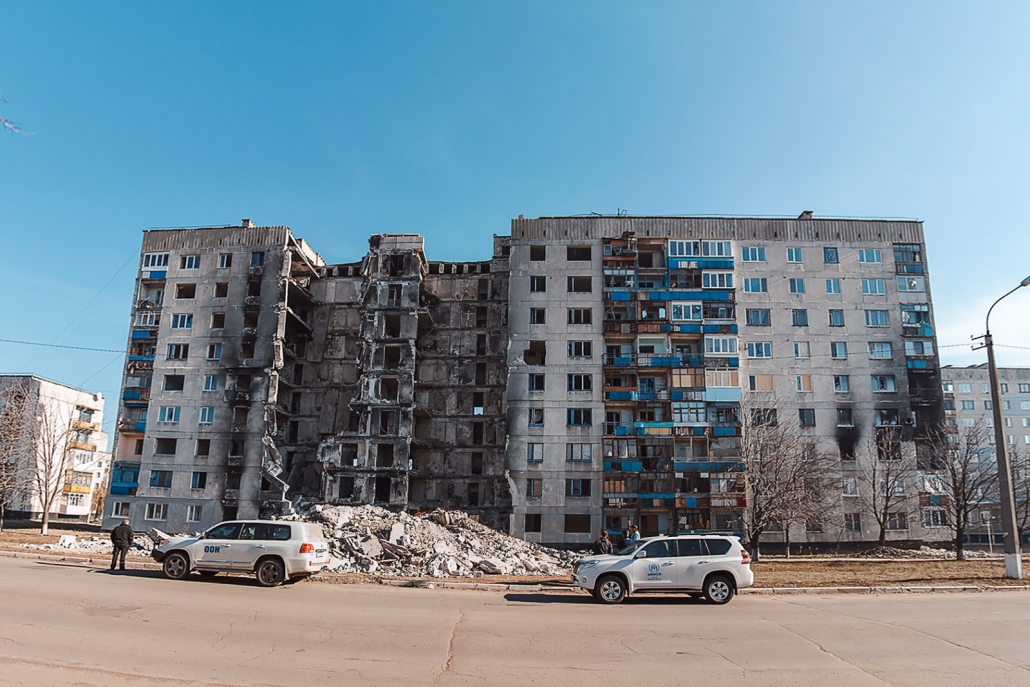

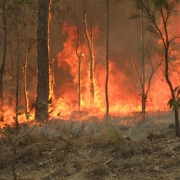

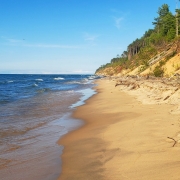
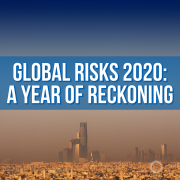
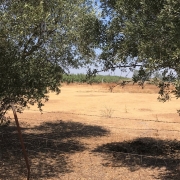
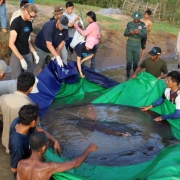


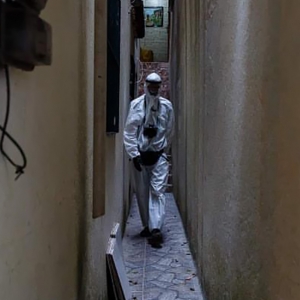

Leave a Reply
Want to join the discussion?Feel free to contribute!